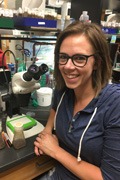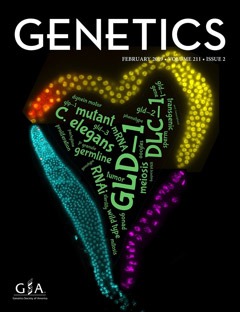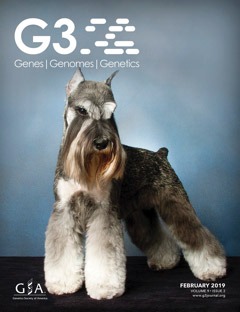GSA 2019 Appeal:
Scientists Supporting Scientists
By contributing to GSA’s 2019 Appeal, you are ensuring that the Society will have the resources needed to continue providing opportunities to our early career scientists. Right now, we can’t fully meet the increasing demand for these programs. With greater resources, we will be able to expand these programs, sustain them, and develop new initiatives to meet the ever-evolving needs of our members.







